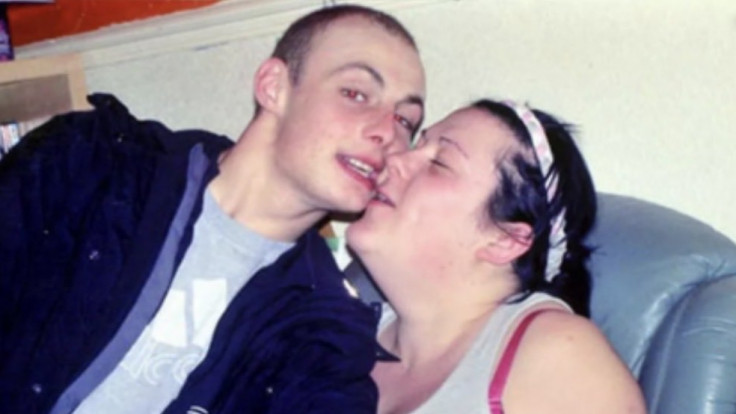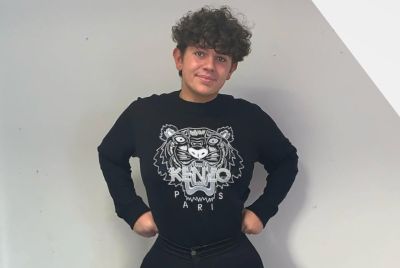Anti-Migrant Protest Leader Who Warns 'Protect Our Children' Was Convicted of Child Abuse

The United Kingdom's anti-migrant protest movement has been gaining traction under slogans such as 'Protect Our Children', but investigations now show that one of its most vocal organisers has a conviction for child cruelty.
Gemma Mattinson, a self-styled child-protection campaigner, was sentenced at Newcastle Crown Court in 2013 after forcing two children to fight while she filmed them.
Her resurfaced criminal past has ignited outrage and renewed scrutiny over the anti-migrant protest movement and its use of child-safety narratives to mobilise public sentiment.
Protests Wrapped in Child-Protection Rhetoric
Recent anti-immigration demonstrations across Britain, particularly in the North East, have presented themselves as community-driven campaigns focused onsafeguarding children from alleged risks linked to asylum-seeker accommodation.
Supporters argue they are defending local values, yet police and researchers have flagged the growing involvement of far-right activists using child-protection messaging as a recruitment tool.
The so-called 'Pink Ladies'—women clad in pink at rallies—have become symbolic faces of the cause. Pink, associated with compassion and nurturing, reinforces the movement's branding of maternal concern. Yet the revelation of Mattinson's past conviction undermines this narrative, highlighting contradictions between claimed motives and lived actions.
Gemma Mattinson's Criminal Record
Court documents confirm that in 2013 Mattinson and her partner, Ian Barclay, filmed two primary-school-aged children forced to fight each other. The footage, later sold with a mobile phone, was described in court as 'disturbing and deeply upsetting.' Barclay received a 12-month prison term; Mattinson, eight months. The children's families publicly criticised the leniency of those sentences.
Despite her conviction, Mattinson has re-emerged as a protest leader in North East England, speaking at anti-migrant rallies and styling herself as a defender of children's welfare. Her criminal history—widely accessible through public court records—has prompted accusations of hypocrisy and manipulation within a movement that claims moral authority on safeguarding.
Pattern of Convicted Figures
Mattinson's case is not isolated. Multiple prominent figures in the far-right protest ecosystem have prior convictions related to sexual or child-abuse offences.
- In 2019, ex-BNP youth organiser Jack Renshaw was jailed for grooming underage boys, despite years of warning that migrants endangered children.
- In 2017, Anthony Styles, a frequent participant in anti-asylum marches, was convicted of indecently assaulting a girl under 14 and placed on the sex-offenders register for life.
Researchers at Demos and other think tanks note that such contradictions expose how child-protection rhetoric is often weaponised as a moral-shock tactic. This emotional strategy galvanises outrage but obscures inconvenient truths.
Supporters Defend Right to Protest
Protesters sympathetic to Mattinson argue that past convictions should not bar individuals from civic participation or public campaigning. They maintain that the movement's goal is to ensure community safety, transparency over asylum-seeker housing, and accountability for local councils.
However, critics counter that when campaigners with histories of child abuse frame themselves as guardians of morality, it risks misleading the public and eroding the credibility of legitimate safeguarding concerns.
Broader Context: No Evidence of Migrant Child-Abuse Risk
Official UK Home Office and National Crime Agency data show no statistical evidence that asylum seekers in temporary accommodation pose a greater threat to children than the general population.
Analysts say misinformation thrives in the absence of transparency and that emotional slogans like'Protect Our Children'are used to mobilise anti-immigrant sentiment rather than to promote factual discussion about child welfare.
Conclusion
The resurgence of child-safety rhetoric within anti-migrant activism reveals a movement torn between genuine community anxiety and opportunistic exploitation of moral outrage.
The case of Gemma Mattinson—a convicted child abuser leading chants about protecting children—underscores why rigorous fact-checking, transparency, and evidence-based debate are essential to Britain's polarised immigration conversation.
© Copyright IBTimes 2025. All rights reserved.




















